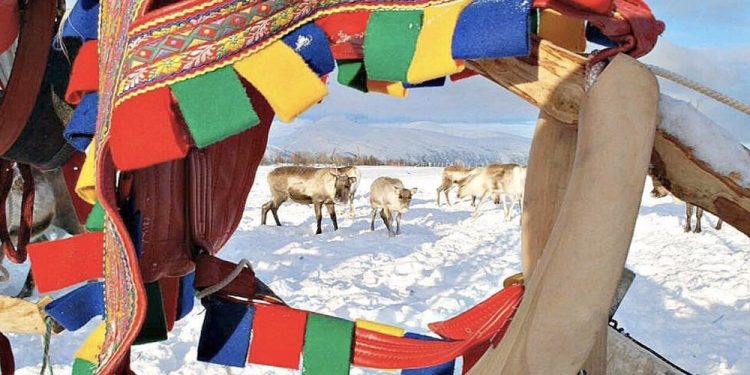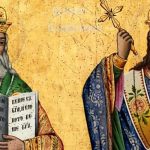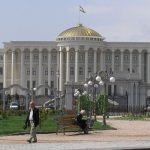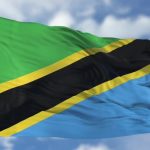
The Saami People’s Day
Saami People’s Day—also known as Sami National Day—is a holiday observed on the 6th of February and is an ethnic-national day for the Saami people in Norway. The Saami people are indigenous Finno-Ugric-speaking people who live in the northern parts of Finland, Norway, Sweden, and the Kola Peninsula.
This holiday is a relatively new one in Norway due to the discrimination that the Saami historically faced, but now it’s a holiday celebrated all over the country. It’s a day on which the Sami flag is raised, and people enjoy certain types of fish and reindeer to celebrate.
The History of Saami People’s Day
This holiday commemorates the date in 1917 when the Saami people and Norwegians first came together across national borders to solve problems that affected both groups. Saami People’s Day was created in 1992 at the 15th Sami Conference in Helsinki. It’s a holiday that has been celebrated every year since.
Cool Facts About Norway
We have some cool facts about Norway that we’d like everyone to know about before they observe Saami People’s Day.
- The Lærdal Tunnel in Norway is the longest road tunnel in the world.
- In Oslo, the Nobel Peace Prize has been awarded every year since 1901.
- Norway introduced salmon sushi to Japan.
- Skiing was invented in Norway.
- Norway has the largest herd of wild reindeer in the world.
Observing Saami People’s Day
On this holiday, the national anthem is sung, the Sami flag is raised, and special reindeer races are held where reindeer pull people on skis. It’s also a day when people enjoy meals of fish and reindeer with their friends and family members.








